Beyond the Legend: Exposing the Biggest Misconceptions About the Zelda Series
Popular Now
 God of War Ragnarök
God of War Ragnarök
 EA SPORT FC 25
EA SPORT FC 25
 Garena Free Fire: Kalahari
Garena Free Fire: Kalahari
 Stumble Guys
Stumble Guys
 Fortnite
Fortnite
 Warframe
Warframe
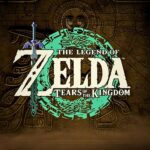 The Legend of Zelda
The Legend of Zelda
 Minecraft
Minecraft
 FIFA 23
FIFA 23
 Brawl Stars
Brawl Stars 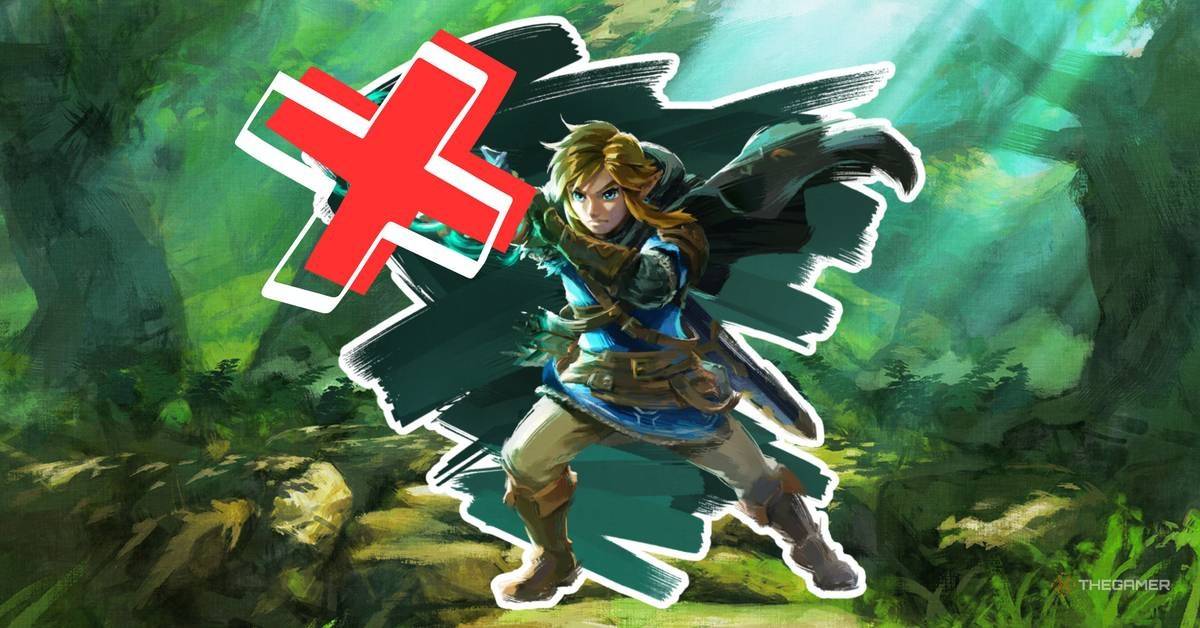 For nearly four decades, The Legend of Zelda has captivated a global audience with its sweeping fantasy, iconic characters, and epic narratives. But with a franchise so vast, with a timeline so complex, and with a fanbase so dedicated, it’s inevitable that a few myths and misconceptions would take hold. These false beliefs, passed down from one generation of gamers to the next, have become a part of the series’ lore, shaping the way many players view its most fundamental aspects. From the nature of the heroes and villains to the timeline itself, a number of common beliefs about the Zelda series are, in fact, completely untrue. This is a deep dive into the most pervasive myths that have been debunked by the developers, the games themselves, and a dedicated community of lore enthusiasts, revealing a series that is far more nuanced and complex than many believe.
For nearly four decades, The Legend of Zelda has captivated a global audience with its sweeping fantasy, iconic characters, and epic narratives. But with a franchise so vast, with a timeline so complex, and with a fanbase so dedicated, it’s inevitable that a few myths and misconceptions would take hold. These false beliefs, passed down from one generation of gamers to the next, have become a part of the series’ lore, shaping the way many players view its most fundamental aspects. From the nature of the heroes and villains to the timeline itself, a number of common beliefs about the Zelda series are, in fact, completely untrue. This is a deep dive into the most pervasive myths that have been debunked by the developers, the games themselves, and a dedicated community of lore enthusiasts, revealing a series that is far more nuanced and complex than many believe.
 The Great Reincarnation Myth: A Common Misinterpretation
The Great Reincarnation Myth: A Common Misinterpretation
Perhaps the most widespread misconception is the idea that every version of Link, Zelda, and Ganon is a “reincarnation” of the original trio from Skyward Sword. This belief stems from the final words of the demon king Demise, who curses the heroes, stating that an “incarnation of my hatred shall ever follow your kind.” While this line has led many to believe in a literal cycle of reincarnation, the truth is far more complex and interesting. The developers have clarified that while the various Links, Zeldas, and Ganons are connected, they are not all the same person. The different Zeldas are not reincarnations of the goddess Hylia, but rather are all descended from her by blood. In fact, it’s a law in Hyrule that all princesses are named Zelda. The various Links, on the other hand, are not all related by blood (with the notable exception of the Link from Twilight Princess who is a direct descendant of the Hero of Time). They are united not by their DNA, but by the “spirit of the hero,” a metaphorical connection that binds them to the fate of Hyrule. The term “incarnation,” as used by Demise, is more akin to “version” than “reincarnation,” and the idea that all of these characters are the same person is one of the biggest and most pervasive myths in the franchise.
 The Triforce’s Purpose and Link’s Silence
The Triforce’s Purpose and Link’s Silence
Another common misconception revolves around the Triforce, the sacred relic that is at the heart of the series. Many believe that the Triforce is always split into three pieces—Power, Wisdom, and Courage—and that Link is always born with the Triforce of Courage. This is not true. The Triforce of Courage was not even introduced until the second game in the series, and in most games, Link has to earn it through a series of trials and challenges. In fact, only a handful of games feature the Triforce splitting in the way that it does in Ocarina of Time, a game that is often incorrectly seen as the blueprint for the entire series. Another major myth is that Link is a mute. While it is true that he doesn’t have any spoken dialogue in most games, he is far from silent. Link communicates with others through grunts, nods, and a variety of facial expressions. He has been heard speaking in some of the television and comic book adaptations, and in the game itself, characters often respond to what he “says,” indicating that he is, in fact, communicating, just not with a voice actor. His silence is not a character trait; it is a creative choice designed to make the player feel more connected to the hero. This is a high-value piece of information for fans who have always seen Link as a silent hero, but it is a myth that is easily debunked by looking at the broader context of the series.
The Zelda series, for all its simple charms, is a much more complex and nuanced world than many people give it credit for. These misconceptions, while seemingly harmless, have a profound impact on the way the series is discussed and understood. By separating the myths from the facts, we can appreciate the series for what it truly is: a beautifully crafted, and often misunderstood, saga that has captured the hearts of millions of players and will continue to do so for years to come.

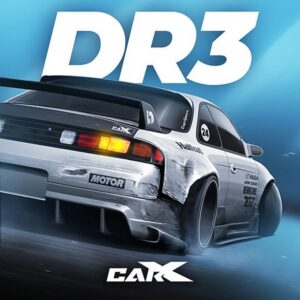





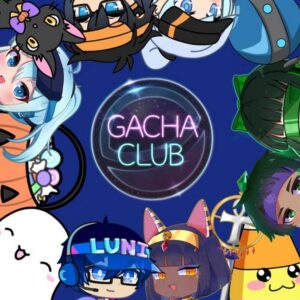



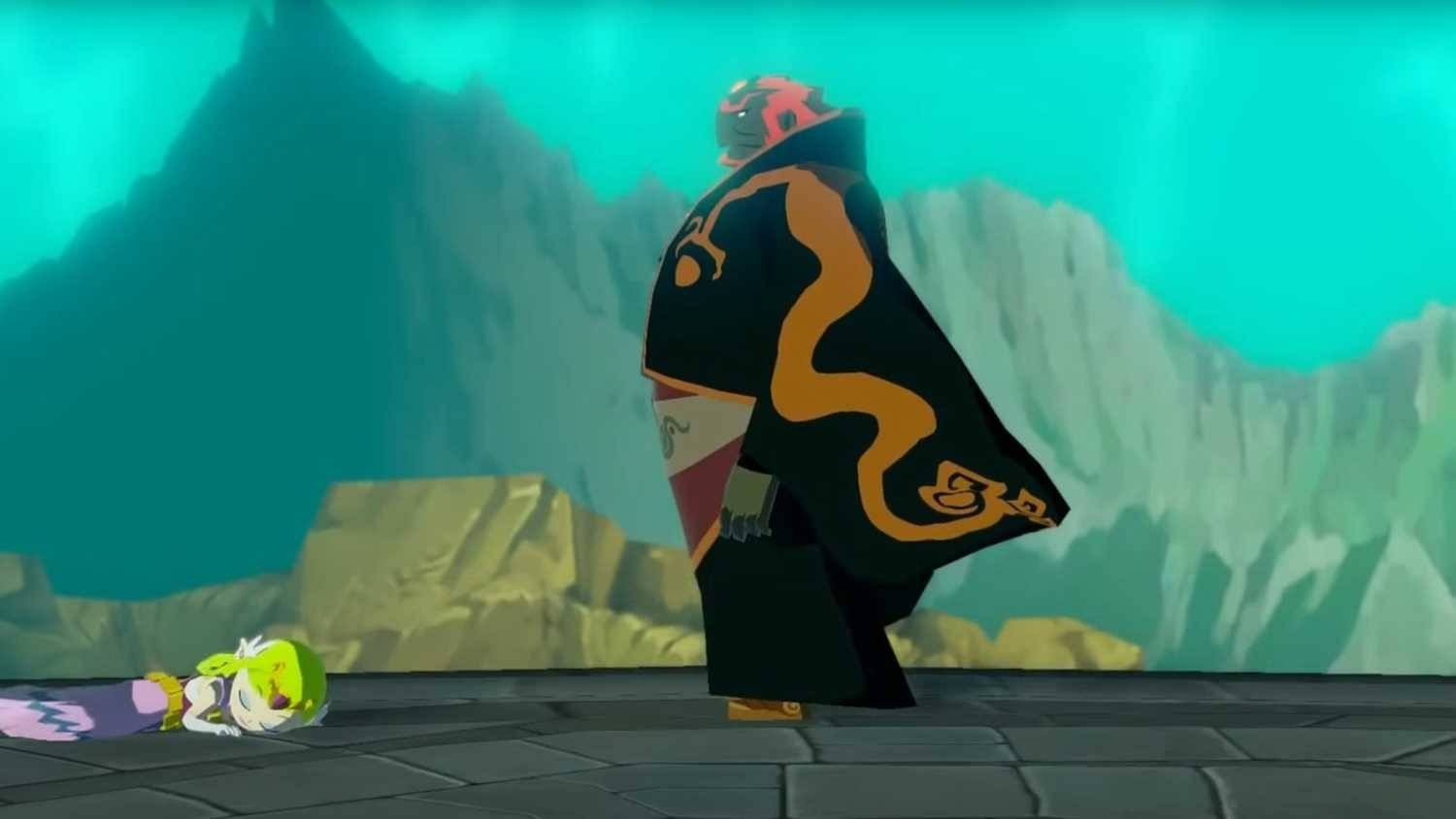 The Great Reincarnation Myth: A Common Misinterpretation
The Great Reincarnation Myth: A Common Misinterpretation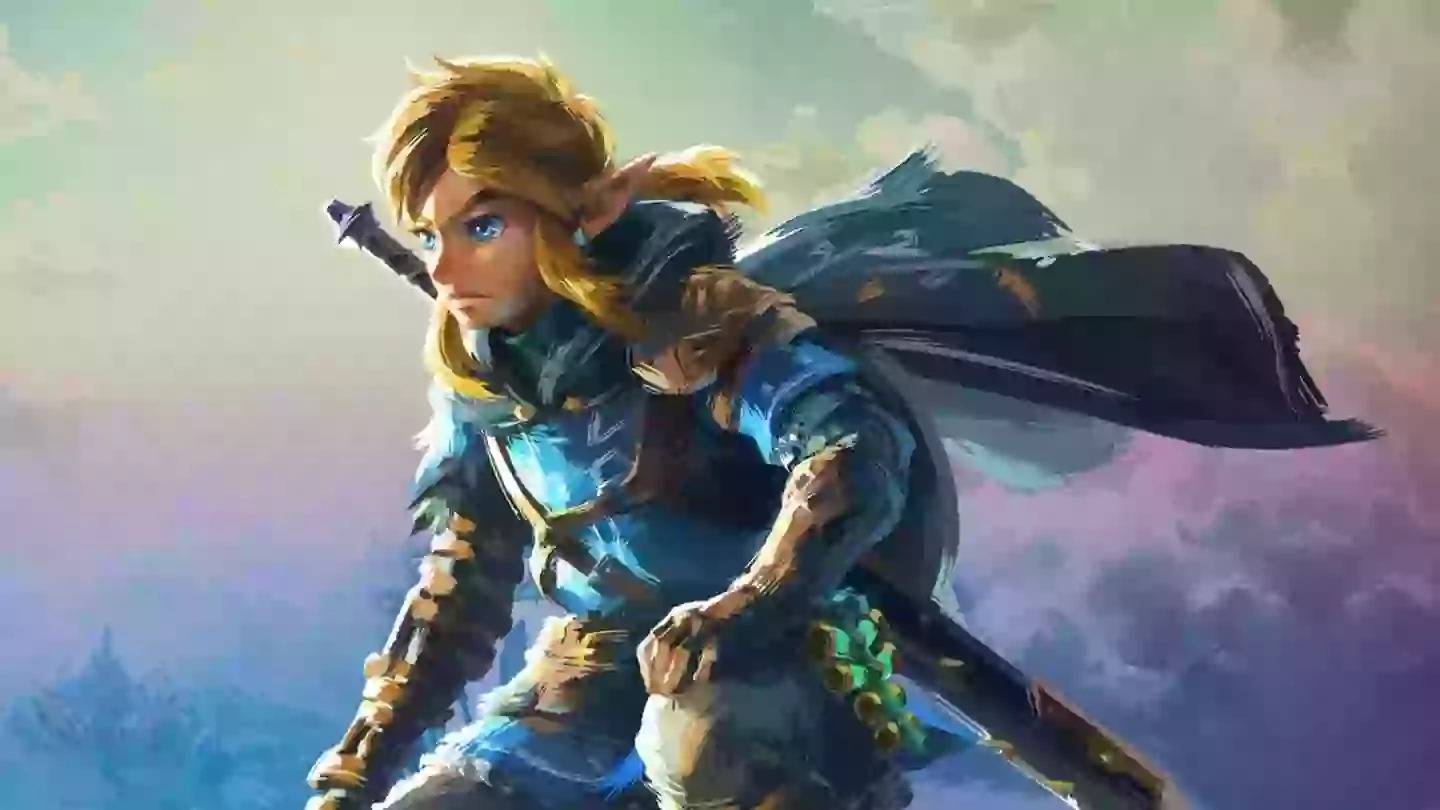 The Triforce’s Purpose and Link’s Silence
The Triforce’s Purpose and Link’s Silence